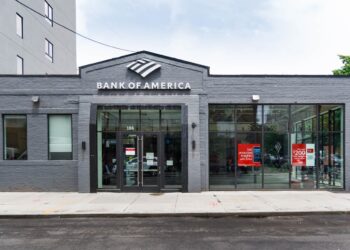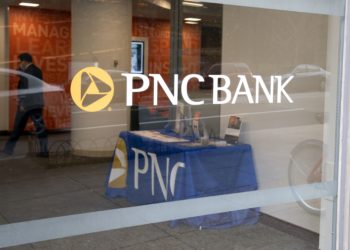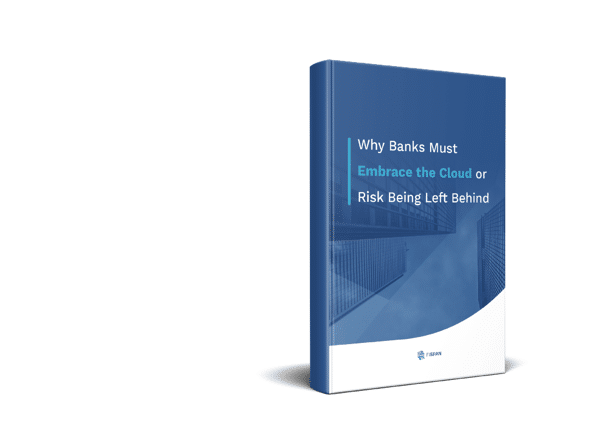2020 election: What’s at stake for bank charters
The 2020 presidential race is in full swing, and speculation about whether President Trump will energize enough of his base to stave off former Vice President Joe Biden has dominated headlines for months. With the Nov. 3 election less than three months away, Bank Innovation spoke with lawyers, academics and think tanks to learn how […]













